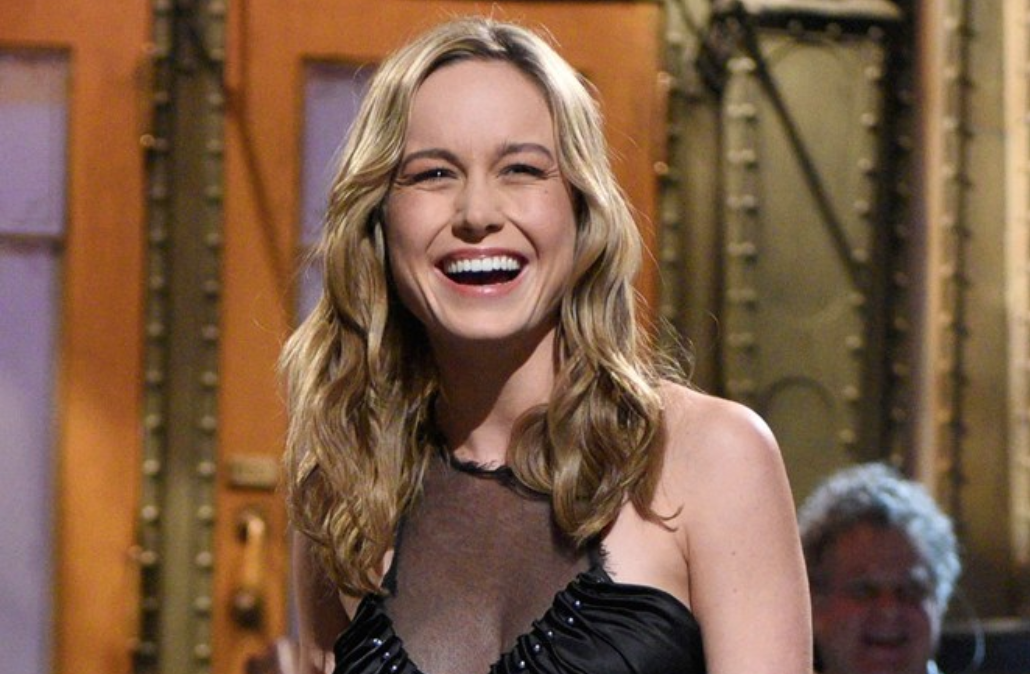With the opening of Captain Marvel days away, I need to reiterate that Brie Larson was dead-ass wrong when she said the following last June: “I don’t need a 40-year-old white dude to tell me what didn’t work about A Wrinkle in Time. It wasn’t made for him. I want to know what it meant to women of color, biracial women, to teen women of color.”
In other words, if a movie wasn’t specifically “made” for you or your demo — if a film’s theme or subject doesn’t address your gender, age group or ethnic identity — you might want to see something else because you might have difficulty appreciating its finer aspects.
Larson’s statement also implies that there’s no such thing as a seasoned critic being able to recognize whether or not a filmmaker knows what he/she is doing in terms of implementing a vision by way of craft, technique and artful dodging. She seemed to be saying that subjectivity — gender, age, identity — is as important as learned perception, and perhaps a bit more so.
I’ve been in this racket since the late ’70s and there really is a thing called “being smart, educated and experienced enough to really know what you’re talking about.” Being white or over 40 is not necessarily a hindrance in this regard (the over-40 part actually helps for the most part), and being female or a person of color is not necessarily a plus when it comes to assessing films like Captain Marvel, A Wrinkle in Time or Ava DuVernay‘s When They See Us.
I know this is the wrong thing to say in our highly politicized environment, but a good film is a good film.

